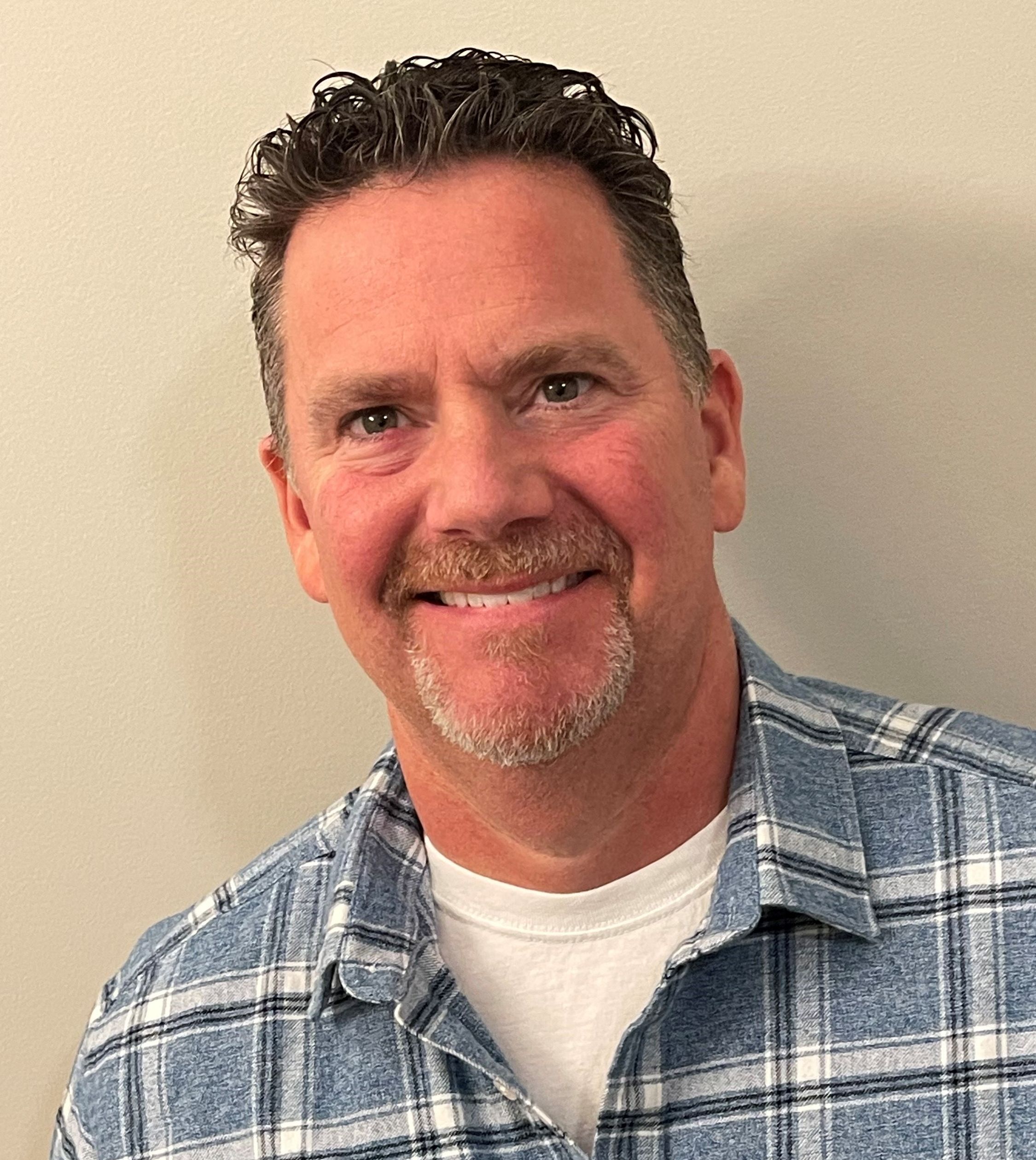
Dave Trask You may have heard the saying “government of the people, by the people, for the people.” This principle is just as crucial in city boards and committees as it is in higher levels of government. Ensuring ward representation in the appointment process guarantees equitable decision-making, where every neighborhood has a voice, not just the more affluent or politically connected areas.
Without such representation, there is a risk of centralized control, leading to decisions that disproportionately benefit certain parts of Auburn while neglecting others. Ward representation ensures that city planning decisions consider the needs of all residents, creating balanced and inclusive development. On Monday night, Feb.

3, the Auburn City Council will vote on a nomination for the open Planning Board position. Currently, the board has members from all five wards, but the appointment committee’s choice would alter this balance, leaving Ward 5 unrepresented. If approved, the board would consist of four members from Ward 3, two from Ward 2, one from Ward 4, and one from Ward 1.
There would be no Ward 5. This imbalance raises concerns about whether all parts of Auburn will have their needs fairly represented. Some argue that the Planning Board’s quasi-judicial role makes ward representation irrelevant.
However, numerous studies from reputable organizations and educational institutions suggest otherwise. Auburn’s neighborhoods each have unique characteristics, challenges and priorities. Without a geographically diverse board, certain areas may receive disproportionate attention and resources, leading to skewed urban development.
The American Planning Association emphasizes that “inclusive representation ensures that planning processes address the diverse needs of the population.” Ward geographic diversity is not a trivial matter; it is essential for balanced and equitable development. The Planning Board has considerable influence over Auburn’s future, from voting on zoning changes to overseeing infrastructure projects.
Without diverse representation, the interests of some neighborhoods may be prioritized over others, deepening economic and social disparities. It could also work in reverse, by having changes pushed onto wards with little to no representation rather than being applied equitably across the city. Over-representation of a single ward could result in policies that favor specific districts while neglecting others, exacerbating inequalities in access to resources and services.
Geographic diversity also helps the board anticipate and mitigate unintended consequences of planning decisions. For example, rezoning an area for industrial use may bring economic growth to one part of the city while creating environmental or traffic burdens in another. A board composed of members from different wards is more likely to recognize and address these trade-offs, ensuring fairer and more sustainable planning decisions.
Beyond practical considerations, ward diversity also plays a crucial role in strengthening trust between residents and their local government. When people see their neighborhood represented in decision-making processes, they are more likely to engage with and support city initiatives. This sense of inclusion fosters transparency, accountability, and a greater commitment to civic participation.
Studies on civic engagement have shown that when citizens feel their voices matter, they are more likely to contribute positively to community development. The potential imbalance in Auburn’s Planning Board should not be dismissed as a mere technicality. It is a fundamental issue of fair representation and democratic governance.
While individual board members may strive to consider the needs of the entire city, lived experience and local knowledge inevitably influence decision-making. A board that lacks voices from certain areas cannot fully grasp the challenges and opportunities unique to those communities. Auburn has long been a city that values community-driven decision-making.
By maintaining geographic diversity on the Planning Board, the City Council can uphold this tradition and ensure that all neighborhoods benefit from thoughtful, inclusive planning. This approach will not only result in more balanced development but also reinforce public confidence in the fairness and responsiveness of local government. As the City Council prepares to vote on the new Planning Board nomination, it is crucial to recognize the long-term implications of this decision.
Equitable ward representation is not just about fairness — it is about making informed, comprehensive and sustainable choices for Auburn’s future. The city must remain committed to ensuring that every resident, regardless of their neighborhood, has a voice in shaping Auburn’s development. By prioritizing geographic diversity, Auburn can foster a more inclusive and prosperous future for all its citizens.
After a year on the job, it’s time that the council practice transparency and fairness. Ensuring all residents have a voice is a good place to start. Dave Trask, an Auburn Planning Board member and Edward Little High School graduate, has his undergraduate degree in economics from the University of Vermont and his MBA from UMaine.
He works for the Jackson Laboratory and is the vice president of Rebuilding Together Lewiston Auburn, a nonprofit focused on helping low-income elderly and veterans age in place. We invite you to add your comments. We encourage a thoughtful exchange of ideas and information on this website.
By joining the conversation, you are agreeing to our commenting policy and terms of use . More information is found on our FAQs . You can modify your screen name here .
Comments are managed by our staff during regular business hours Monday through Friday as well as limited hours on Saturday and Sunday. Comments held for moderation outside of those hours may take longer to approve. Please sign into your Sun Journal account to participate in conversations below.
If you do not have an account, you can register or subscribe . Questions? Please see our FAQs . Your commenting screen name has been updated.
Send questions/comments to the editors. « Previous.















